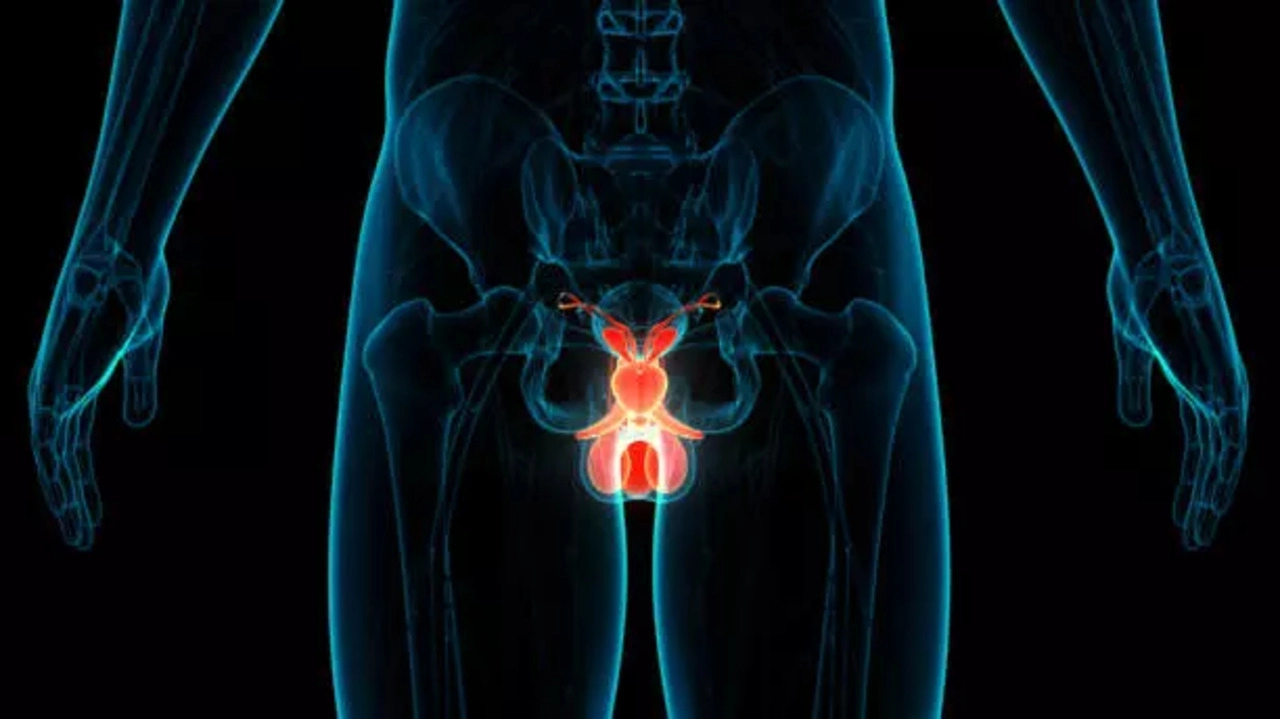Men dealing with prostate issues, such as an enlarged prostate (BPH), prostatitis, or prostate cancer, often worry about the effects on their sexual health, particularly erectile dysfunction (ED).
Prostate cancer treatments, especially radical prostatectomy (prostate removal), can lead to ED due to potential damage to nerves and blood vessels essential for erections.
Despite nerve-sparing techniques, up to 50% of men may still experience ED post-treatment.
It’s crucial to note that prostate cancer itself does not directly cause ED, though the psychological impact of a cancer diagnosis can reduce sexual desire and activity.
While BPH doesn’t directly cause ED, treatments like finasteride (Proscar) and surgical options such as transurethral resection of the prostate (TURP) may contribute to sexual dysfunction in some cases.
READ ALSO: What to know about prostate cancer
Prostatitis, an inflammation of the prostate gland, can cause painful urination, frequent urination, and, in severe cases, ED. Chronic prostatitis may also result in painful ejaculation, interfering with sexual pleasure and potentially leading to ED.
For men diagnosed with a prostate condition, concerns about sexual function are understandable, but there are steps to manage these challenges and maintain a satisfying sex life.
Open communication with a partner, seeking ED treatment, considering penile rehabilitation, exploring alternative forms of intimacy, and consulting healthcare professionals can all help.
By addressing these concerns and exploring new solutions, men can navigate prostate-related ED and continue to enjoy a fulfilling sex life.

 Health5 days ago
Health5 days ago
 Entertainment7 days ago
Entertainment7 days ago
 Crime5 days ago
Crime5 days ago
 Education7 days ago
Education7 days ago
 Health7 days ago
Health7 days ago
 Comments and Issues6 days ago
Comments and Issues6 days ago
 Football6 days ago
Football6 days ago
 Latest6 days ago
Latest6 days ago

